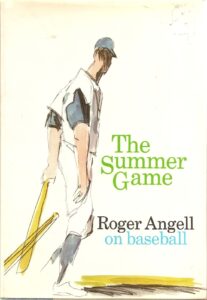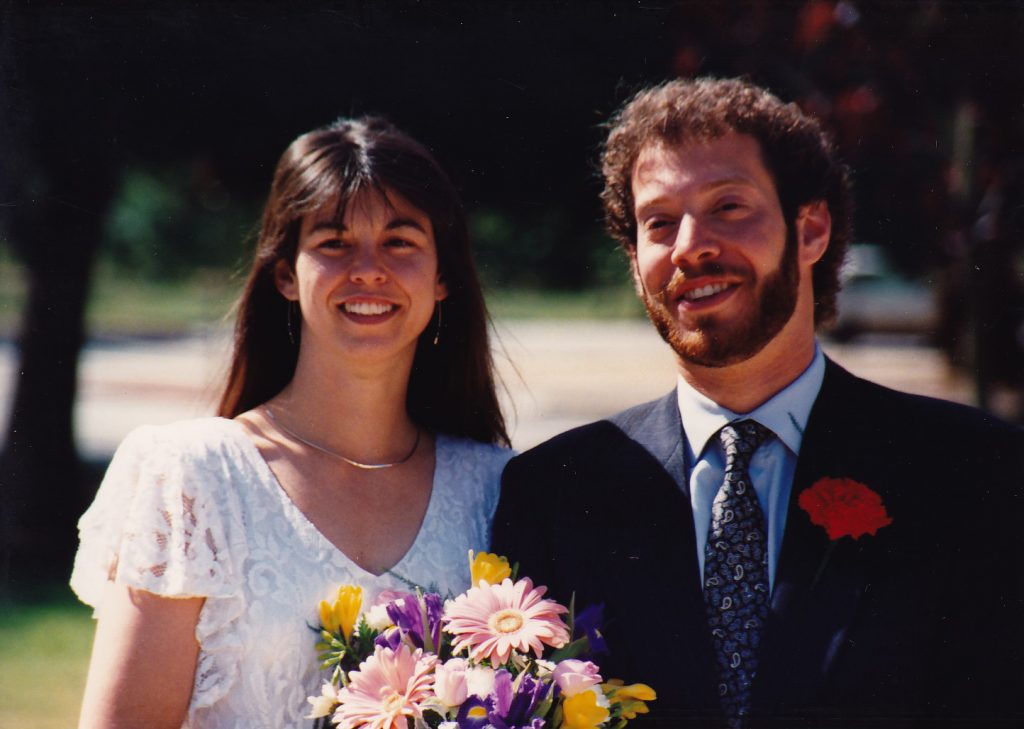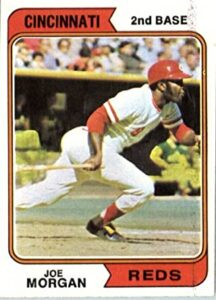On Friday, I grieved.
Today I’m just ticked off.
Every approach to the subject I attempt feels inadequate. Our nation is broken and I despair of seeing it repaired in my lifetime or even that of my children.
When six deeply flawed human beings, driven by their religious beliefs and their disregard for the plights of anyone other than themselves, can set back the cause of human rights with such ease, we are broken. When legislators in two dozen states, the overwhelming majority of them white men, can deny adequate health care to forty-five million women, we are broken. When a U.S. President elected by a minority of the voting public, and a U.S. Senator elected by voters of one state, can twist the Supreme Court nomination process to place three ideologues on the bench in four years, we are broken.
When voters on the left can become so obsessed with a single candidate that they reject the party’s eventual nominee out of pique, thus enabling the election of a man who should NEVER have been President, we are broken. When two naïve, foolish, or perhaps just deeply dishonest “centrist” Senators can be duped by Supreme Court nominees into believing said nominees will “respect precedent,” and that’s enough to put those nominees on the bench, we are broken. When, after a four-year reign of corruption, white-supremacy, and wanton cruelty, ending in a violent insurrection and conspiracy aimed at undermining the very foundations of our Republic, people still need to be convinced that yes, there really are substantive differences between the two parties, we are broken.
When our nation’s political system can be manipulated to enable one-party rule in states that are evenly split between the parties, we are broken. When one party can win the national popular vote for the Presidency in five of six elections, but be declared the loser in three of those elections, we are broken.
When guns kill more than 40,000 Americans a year, we are broken.
When unarmed people of color are murdered in the streets by police again and again and again and again and again and again and again, while armed white suspects are routinely subdued and taken into custody, alive and well, we are broken.
When one’s skin color is a primary determining factor in one’s chances of finding and keeping a job, being able to buy a house, having access to health care, enjoying a comfortable retirement, living to our country’s average life expectancy, we are broken. And when one’s skin color is also a primary determining factor in one’s risk of contracting a disease, of being a victim of crime, of being poor, of being unemployed, of being homeless, of being incarcerated, of being pulled over by police, of being beaten by police, of being killed by police, we are broken.
When things we thought were settled law, like marriage equality and abortion rights and legal protections for suspects and availability of contraception and the freedom to love who and how we wish in the privacy of our homes, are all suddenly at risk again from a judicial system that responds not to legal doctrine, but to the vicissitudes of partisan politics, we are broken.
When elected officials treat educators and librarians and trans children like they’re criminals, and work harder at banning books from our schools and libraries than they do at banning weapons of war from our streets and classrooms, we are broken.
When global climate change is convincingly linked to exploding incidences of catastrophic floods, devastating storms, historic droughts, and hellish, record-setting fires, and still our body politic consistently proves itself incapable of doing anything to save our planet, we are broken.
When economic inequality in our country continues to grow, building on a forty-year trend, with no end in sight, and no true remedial steps under serious consideration, we are broken.
When our problems are so very easy to list, and our progress so very hard to maintain, we are broken.
I resist the urge to leave this post at that. I am weary and angry and despondent. But I am also a father, and someday I expect to be a grandfather. Which means I cannot and will not give up. Barack Obama famously said to an enthusiastic campaign crowd booing a certain 2016 Presidential candidate, “Don’t boo! Vote!” He also famously said, “Elections have consequences.”
Some look at the problems facing our country and say “Burn it all down.” As if that is a solution. As if that isn’t what the other side wants. As if with all their guns and their survivalist shit, the other side isn’t better prepared for such a scenario than we are.
No, the answer isn’t to boo or to burn. It’s to work and to vote and to never forget the anger so many of us feel right now.
Have a good week. Keep fighting.










 Beginning in 1962, and continuing through most of the next sixty years, Angell wrote about baseball, contributing articles to The New Yorker a couple of times each season, usually once during spring training, and once at the end of the World Series. Some seasons he added a mid-season essay. His articles were later collected in volumes — The Summer Game (1972), Five Seasons (1977), Late Innings (1982), Season Ticket (1988), and Once More Around the Park (1991). I own all of them, and have read them multiple times.
Beginning in 1962, and continuing through most of the next sixty years, Angell wrote about baseball, contributing articles to The New Yorker a couple of times each season, usually once during spring training, and once at the end of the World Series. Some seasons he added a mid-season essay. His articles were later collected in volumes — The Summer Game (1972), Five Seasons (1977), Late Innings (1982), Season Ticket (1988), and Once More Around the Park (1991). I own all of them, and have read them multiple times. Because eventually I did find The One, and I married her 31 years ago this week. (Our anniversary is Thursday.)
Because eventually I did find The One, and I married her 31 years ago this week. (Our anniversary is Thursday.) “Aha!!” I was able to reply. “What about Joe Morgan? Two time Most Valuable Player, perennial All-Star, World Series champion. He’s five foot seven!” Besides, I assured them. I didn’t expect or need to be six feet tall. I would be perfectly happy with five foot ten, like my hero, Roy White.
“Aha!!” I was able to reply. “What about Joe Morgan? Two time Most Valuable Player, perennial All-Star, World Series champion. He’s five foot seven!” Besides, I assured them. I didn’t expect or need to be six feet tall. I would be perfectly happy with five foot ten, like my hero, Roy White. The bias against genre fiction (fantasy, science fiction, mystery, Westerns, romance, etc.) among those who consider themselves devotees of “true” literature, is something I have encountered again and again throughout my career. Not surprisingly, I don’t believe it has any basis in reality. Fantasy (to address my speciality) like literary fiction, runs the gamut in terms of quality. One can find in all literary fields examples of brilliance and also of mediocrity. No genre has a monopoly on either. I write fantasy because I enjoy it, because I love to imbue my stories with magic, with phenomena I don’t encounter in my everyday life. I wasn’t shunted to this genre because I wasn’t good enough to write the other stuff. I don’t hide in my genre because I fear I can’t cut it in the world of “real” literature.
The bias against genre fiction (fantasy, science fiction, mystery, Westerns, romance, etc.) among those who consider themselves devotees of “true” literature, is something I have encountered again and again throughout my career. Not surprisingly, I don’t believe it has any basis in reality. Fantasy (to address my speciality) like literary fiction, runs the gamut in terms of quality. One can find in all literary fields examples of brilliance and also of mediocrity. No genre has a monopoly on either. I write fantasy because I enjoy it, because I love to imbue my stories with magic, with phenomena I don’t encounter in my everyday life. I wasn’t shunted to this genre because I wasn’t good enough to write the other stuff. I don’t hide in my genre because I fear I can’t cut it in the world of “real” literature. It’s not enough to create my worlds and magic systems. I have to explain them to my readers in a manner that is entirely natural and unobtrusive. And — my own preference — I also have to complete my stories and my character arcs in ways that utilize my fantasy elements without allowing them to take over my story telling. My heroes may possess magic, but in the end, I will always choose to have them prevail by drawing upon their native human qualities — their courage and resolve, their intelligence and creativity, their devotion to the people and places they love. Magic sets them apart and makes them interesting. It is often the hook the draws readers to my books. But those human attributes — those are the ones my real-world readers relate to. They form the bond between my readers and my characters. And so if those are the qualities that allow my characters to prevail in the end, then their triumphs will feel more personal and rewarding to my readers. It is the simplest sort of literary math.
It’s not enough to create my worlds and magic systems. I have to explain them to my readers in a manner that is entirely natural and unobtrusive. And — my own preference — I also have to complete my stories and my character arcs in ways that utilize my fantasy elements without allowing them to take over my story telling. My heroes may possess magic, but in the end, I will always choose to have them prevail by drawing upon their native human qualities — their courage and resolve, their intelligence and creativity, their devotion to the people and places they love. Magic sets them apart and makes them interesting. It is often the hook the draws readers to my books. But those human attributes — those are the ones my real-world readers relate to. They form the bond between my readers and my characters. And so if those are the qualities that allow my characters to prevail in the end, then their triumphs will feel more personal and rewarding to my readers. It is the simplest sort of literary math.